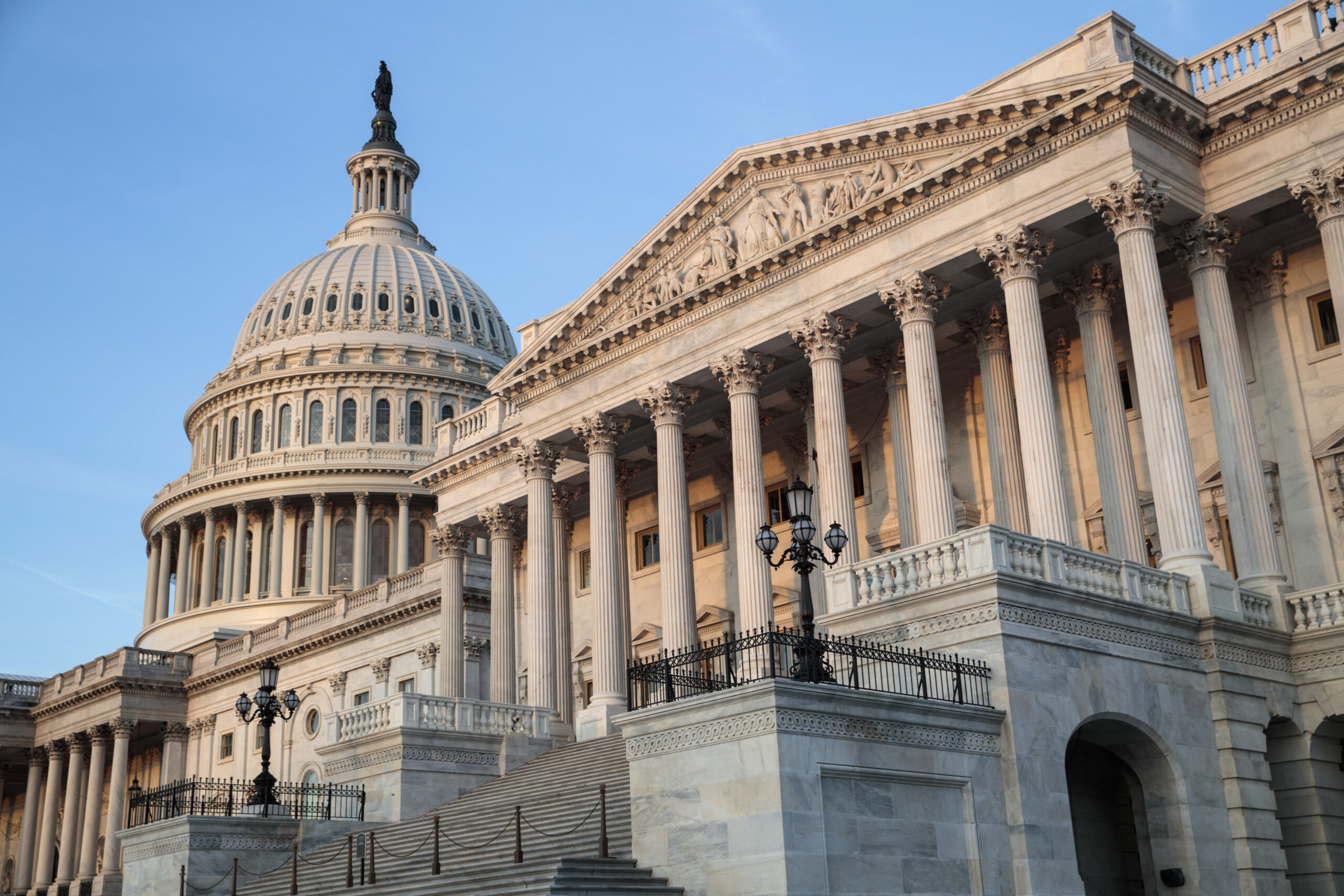The Supreme Court decided on Monday that it wasn’t going to hear a challenge to a ruling last year that struck down a controversial voter ID law in North Carolina.
As Circuit Court Judge Diana Gribbon Motz from the Fourth Circuit Court of Appeals wrote in July, “We can only conclude that the North Carolina General Assembly enacted the challenged provisions of the law with discriminatory intent.”
The court also wrote that the voter ID law had targeted “African-Americans with almost surgical precision.” The North Carolina law is similar to laws like the one passed in Wisconsin, which is believed to have kept as many as 200,000 people from voting in the 2016 elections.
In the Supreme Court’s decision to not hear the challenge, Chief Justice John Roberts made it clear that this should not be interpreted as concurrence with the Fourth Circuit Court’s decision. The case had been complicated by the fact that Gov. Roy Cooper, a Democrat, had moved to dismiss the appeal even as the North Carolina General Assembly was pushing for it.
As Roberts explained in a statement, “Given the blizzard of filings over who is and who is not authorized to seek review in the court under North Carolina law, it is important to recall our frequent admonition that the denial of writ of certiorari imports no expression of opinion on the merits.”
The North Carolina Voter ID law had established a stringent photo ID requirement, reduced the early voting period by one week, made it impossible to register and vote on the same day, eliminated pre-registration for 16-year-olds, and invalidated any vote that was cast in the wrong precinct.


